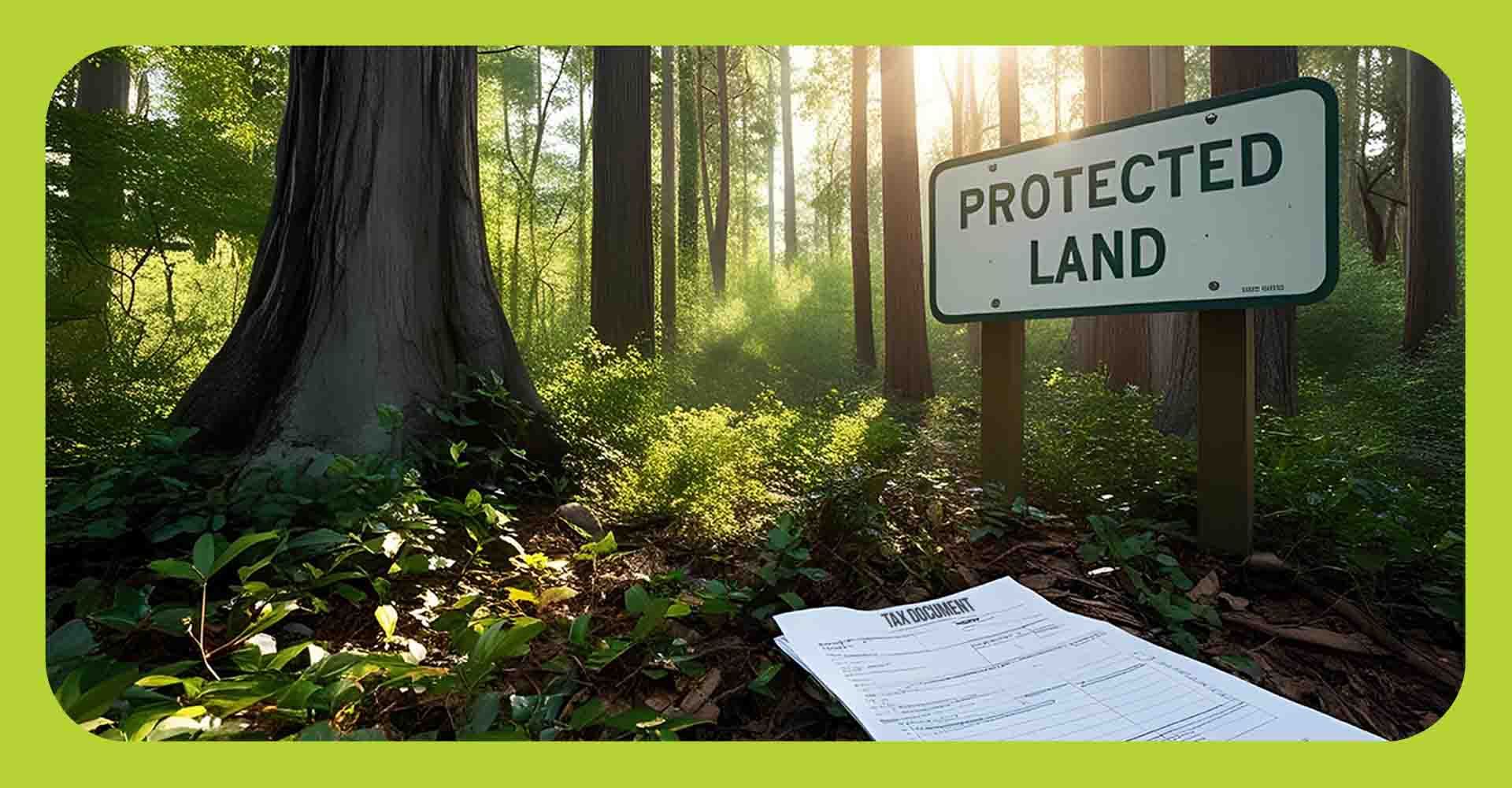
If you own land through your business, you might be sitting on an unexpected opportunity, not for development, but for a meaningful tax strategy that also contributes to environmental preservation.
Conservation easements are a powerful tool that allow business owners to permanently protect land from future development while receiving a significant charitable tax deduction in return. While not the right fit for everyone, for the right landowners, this strategy can create a win-win: long-term impact, and serious tax benefits.
What Is a Conservation Easement?
A conservation easement is a voluntary, legally binding agreement between a landowner and a qualified conservation organization. The agreement limits how the land can be used in the future, ensuring it remains protected for ecological, agricultural, or scenic purposes—even if ownership changes.
You still own the land, but you give up certain development rights to preserve its natural value.
Why This Matters for Business Owners
If your business owns land—whether for operations, investment, or long-term planning—a conservation easement could help you:
- Reduce your taxable income with a charitable deduction
- Support environmental sustainability and public interest
- Retain ownership and use of your property while limiting future development
It’s a rare strategy that blends financial, environmental, and reputational benefits into one move.
Key Tax Benefits
Here’s where the numbers come into play:
- Charitable Deduction: You can deduct the appraised value of the conservation easement—often a substantial amount—against your income. In many cases, this deduction can be up to 50% of your adjusted gross income (AGI), and unused amounts can often be carried forward for several years.
- Qualified Third-Party Valuation: The deduction must be based on a professional valuation, typically handled by a third-party appraiser with conservation experience. They assess the reduction in market value caused by the easement restrictions.
- IRS Compliance: Because conservation easements have been scrutinized in the past, documentation and compliance are key. This isn’t a DIY move—you need expert guidance to execute it properly and protect your deduction.
When It Makes Sense
A conservation easement may be worth considering if:
- You own land with ecological, agricultural, or scenic value
- You want to reduce your current or future tax burden
- You’re interested in leaving a legacy of environmental stewardship
- Your business or brand aligns with sustainability values
Considering a conservation easement for your business-owned land?
Schedule a consultation with Nth Degree today to explore whether a conservation easement is the right fit for your financial and environmental goals.



